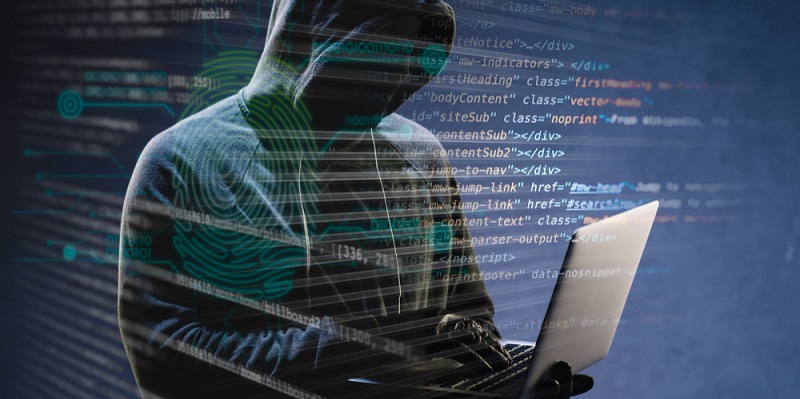In the wake of the Hamas strikes against Israel, cybercrime groups that were previously focused on the war in Ukraine have swiftly redirected their activities towards the Middle East. Reports indicate that more than a dozen threat groups have declared their intention to launch disruptive cyberattacks against Israel, Palestine, and their respective supporters. In this article, we delve into the perpetrators, their tactics, and the potential impact of these hacktivist cyberattacks on the ongoing Israel-Palestine conflict.
Threat Groups and Their Intentions
Various threat groups have emerged as key perpetrators in the recent cyberattacks. Notable among them are Killnet, Anonymous Sudan, Team Insane, Mysterious Team Bangladesh, and Indian Cyber Force. These groups have expressed their intentions to disrupt targets associated with the conflict and exploit vulnerabilities present in the region.
Anonymous Sudan Strikes The Jerusalem Post
One cyberattack that grabbed attention was the takedown of The Jerusalem Post by Anonymous Sudan. This attack, which targeted a significant media outlet, resulted in a temporary disruption of the publication’s online presence. Anonymous Sudan claimed responsibility, showcasing how cybercriminals can exploit geopolitical tensions to further their own agendas.
Sylhet Gang’s Cyber attack on Tel Aviv Sourasky Medical Center
Another threat actor, known as the Sylhet Gang, launched a cyberattack against the Tel Aviv Sourasky Medical Center. The attack not only caused operational disruptions but also highlighted the vulnerability of critical infrastructure in times of heightened regional strife. The incident underscores the potential consequences cyberattacks can have on vital services.
Russian hacktivist involvement
The playbook of Russian hacktivists in launching cyberattacks related to the war in Ukraine is familiar. These groups have a history of involvement in geopolitical conflicts and have demonstrated their ability to operate effectively on the digital front. Their activities in the Israel-Palestine conflict cannot be overlooked, as they possess the skills and resources to potentially impact the trajectory of events in both physical and cyberspace.
Impact on critical infrastructure
While some may view hacktivist efforts as mere symbolic gestures, there are instances where these cyberattacks have had real consequences. Hospitals and other critical infrastructure have been targeted, resulting in functional disruptions and potential risks to human lives. The interconnectedness of the physical and digital realms makes it crucial to recognize the potential impact these groups can have on modern warfare.
Recognizing the strategic importance
In the intricate dynamics of modern warfare, dismissing hacktivist groups as mere symbols would be an oversight. Their operations can provide tactical advantages to the parties involved, serve as distractions from other activities, or even be used as a means of gathering strategic intelligence. These groups possess the potential to influence the course of events, both on the ground and in cyberspace.
The Future Influence of Anonymous, Sudan, and Killnet
As the Israel-Palestine conflict progresses, the role of hacktivist groups like Anonymous, Sudan, and Killnet could become even more pronounced. Their actions in cyberspace could potentially shape the trajectory of events in the physical world, exerting influence on both sides of the conflict. This underlines the significance of understanding and proactively countering the capabilities of these cybercriminal organizations.
The shift of cybercrime groups from the Ukraine war to the Middle East highlights the interconnected nature of geopolitical conflicts and cyberspace activities. Hacktivist cyberattacks pose a significant threat to the ongoing Israel-Palestine conflict, with potential impacts on critical infrastructure, intelligence gathering, and strategic advantage. Recognizing these groups’ influence on modern warfare is crucial to effectively mitigate their activities and safeguard against the broader consequences of cyber conflicts.

